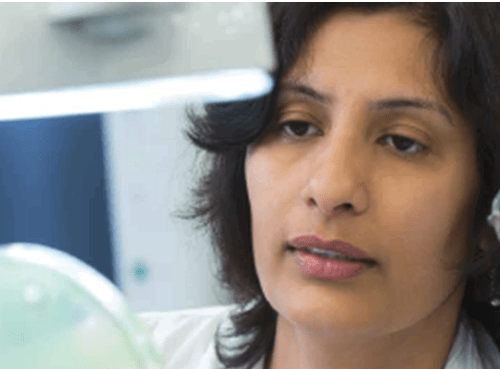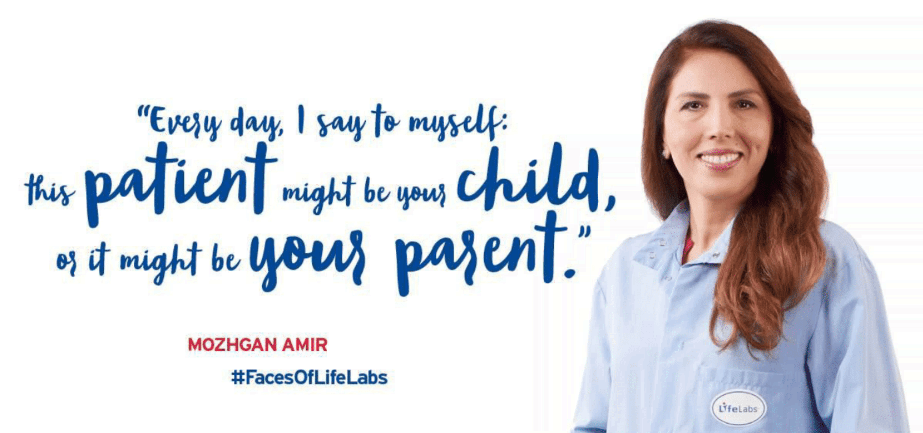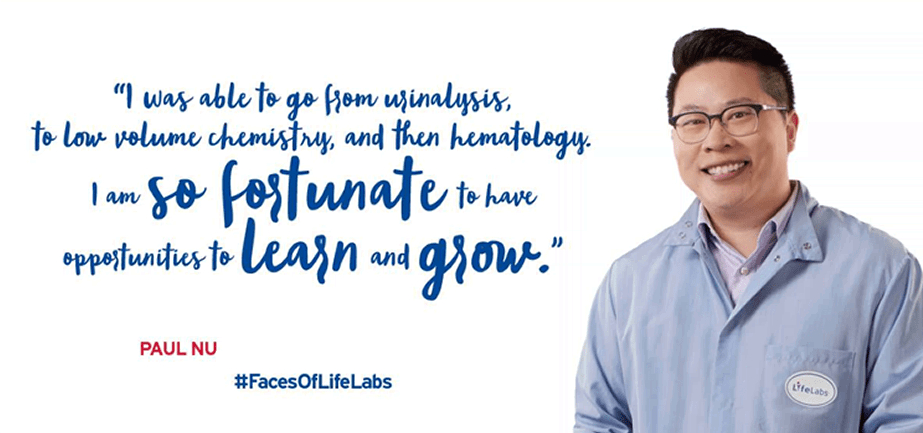Members of our lab teams are:
- committed to quality
- enjoy problem solving
- detail oriented
- interested in health sciences
- eager to learn from their colleagues
- passionate about continuous improvement
Interested in a career in health sciences?
Get more out of LifeLabs! Log-in to your MyCareCompass account to manage your communication preferences and get the latest from LifeLabs on products and services and personalized health content.


Interested in a career in health sciences?



Improved food sensitivity testing helps patients get a better picture of potential allergies to put them back on the path to well-being.
Many Canadians experience the challenges of living with food sensitivities without even knowing it. Feeling bloated, tired or itchy from eczema are symptoms of what could be sensitivity to certain foods. Unlike an allergic reaction, the symptoms of food sensitivity do not always appear immediately, making it difficult to determine the cause without testing.
Rocky Mountain Analytical (RMA), a division of LifeLabs, tests for food sensitivities
by looking at a patient’s responses to different types of foods. With a single blood sample ordered by a patient’s physician or naturopath, we can provide answers to health concerns that could otherwise take years to understand.
Knowing which foods you react to is an important first step in achieving better health. The RMA FST™ report will provide a patient’s results by reactivity and food group so that dietary changes can be considered in consultation with their healthcare provider. Most patients see improvements in their symptoms within a few weeks of eliminating the reactive foods.
Listening to our customers is critical and when we heard from healthcare providers that some of the patient results for the food sensitivity test seemed to be over-reactive, we knew we had to act.
We looked at the thousands of tests we did for Canadians and compared those results against the ranges provided by the European test vendors. Through this work our RMA Medical Director, George Gillson, MD PhD, developed new and leading thresholds for several of the foods tested to ensure that our patients receive the most accurate and relevant data.
For rush results (NAAT within 12 hours and PCR within 24 hours)
6084 Russ Baker Way
Richmond near Airport
6084 Russ Baker Way
Richmond near Airport
Pre-Departure testing now available from the comfort of your home with MyVisit (Currently Greater Toronto Area only)
MyVisit Pre-departure testing offers:
The MyVisit fee is $80 per person.
Pre-Departure testing
Book your appointment online here. If your flight is within the next five days and you have received your FlyClear requisition, please contact a MyVisit coordinator 1-416-993-9579 (Monday – Friday, 9am-5pm EST).